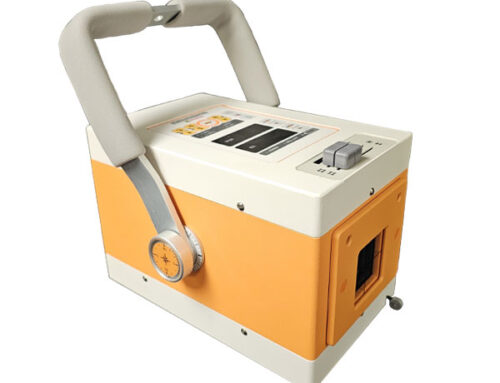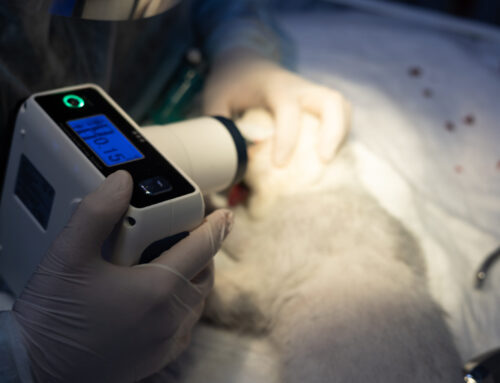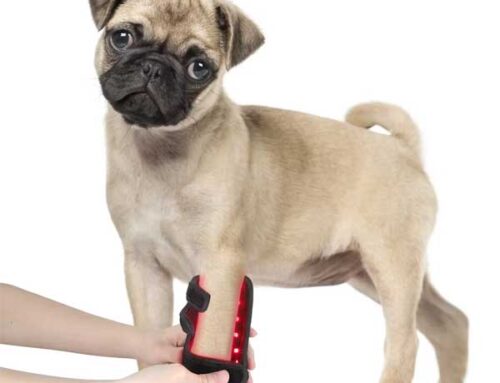Summer is a great time to for outdoor time with a beloved horse. Longer days; longer rides. However, summer heat can result in dehydration, lethargy, diarrhea, colic…even death.
Water
Providing fresh water for your horse is the best way to reduce the risk of heat stroke. Some horses avoid drinking water; make it more appealing by putting a salt block in their trough or by misting some hay with salt water.
Stables
It is important to provide fresh air for animals spending a good bit of daytime indoors. Large fans in the stables also go a long way to keeping them healthy; fans circulate fresh air and provide a cooler enclosure.
If you can afford it, misting systems also offer a great cool down for your horse. Moisture is absorbed through the skin, providing both cooling and hydration. Of course, traditional hosing down is still a good alternative.
Shading
As many horses will spend most of their time outdoors in the months ahead, it is critical that they are provided with an abundance of shade options to keep out of the sun. Trees are a great source of shade, but keep a careful eye as the sun moves throughout the day. Make sure your horse has some means of escaping the sun.
Timing
Choose cooler hours such as sunrise and sunset for exercise, whereas you can allow your horse to graze overnight if the heat is truly unbearable during the day. It is also important to check on the quality of the grass due to the weather, and you may need to provide additional feed for your horse.
Reduce the workload
If your horse is used to working hard at certain times of the day, you may need to rethink their activity as the temperature rises. Don’t think that they can still perform their work when the temperatures are passing 80 degrees. If you have to work your horse, lighten the workload or spread it out over an extended period. Remember to cool them down after they have finished—a cool sponge bath won’t go amiss.
During hot summer days, it is extremely important to be extra attentive around your horse. If you are concerned that your horse may be experiencing heat stress, contact your vet immediately as the side effects can be serious.
The content is not medical advise, nor is it intended to be a substitute for veterinary treatment or care. First, consult with your veterinarian before use.






